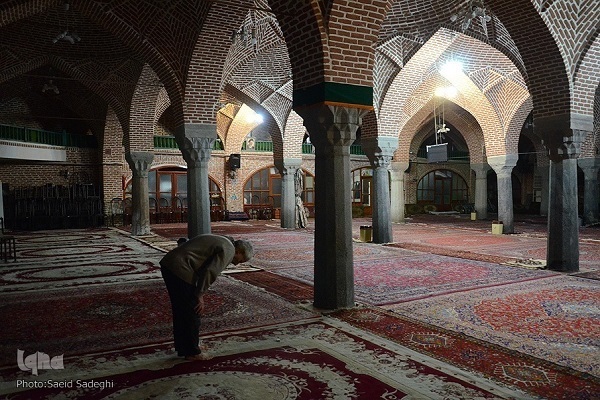Scholar Urges Broader Social Role for Mosques Beyond Worship

Rasool Abbasi, a faculty member at Hazrat-e Masoumeh University in Qom, has called for a re-evaluation of the role mosques play in the society, arguing that their potential as hubs for addressing social challenges is largely being overlooked.
Speaking to IQNA about the current state of mosque activities, Abbasi said, “The most significant challenge in strengthening the role of mosques is the widespread perception that they exist solely for spiritual and religious rituals.” He added that while worship remains central, mosques are often absent from other essential areas such as employment, education, and youth services.
Abbasi noted that many mosque leaders operate under the assumption that religious functions are their only responsibility. “Unfortunately, very few mosques prioritize social issues,” he said. “Most limit their focus to prayer and rituals, missing the broader needs of their communities.”
Read More:
He emphasized that mosques can become powerful agents for social development if their leadership adopts a broader vision. “If mosque managers set clear goals around the institution’s capabilities, they can engage effectively in solving many local social problems,” he said. This, he argued, would naturally draw in more members of the community and strengthen participation in mosque activities.
Abbasi pointed to the early Islamic era as a model, explaining that during the time of Prophet Muhammad (PBUH) and Imam Ali (AS), mosques were central to public life and handled many community affairs. “Mosques in the early Islamic period played a dynamic role in addressing people’s needs,” he said, adding that this historical precedent demonstrates the broader potential of these institutions.
He also linked mosque functions to social cohesion, suggesting that community solidarity is an outcome of multiple factors. “Social cohesion is not an immediate product of mosques,” he said. “Rather, it results from the services and activities mosques offer, which gradually influence the wider society.”
Read More:
To achieve such impact, Abbasi argued, mosques must expand their operations beyond traditional worship. “If mosques want to foster outcomes like social cohesion, they need to diversify their functions,” he said.
In his view, a mosque that meets social, economic, political, and cultural needs—especially at the neighborhood level—will be better positioned to play a meaningful role in society.
Conversely, Abbasi warned that single-purpose mosques are unlikely to achieve such influence. “Mosques that limit themselves to religious functions typically do not generate significant social impact,” he noted.
4278688
Translation by Aliasghar Pirzadeh



